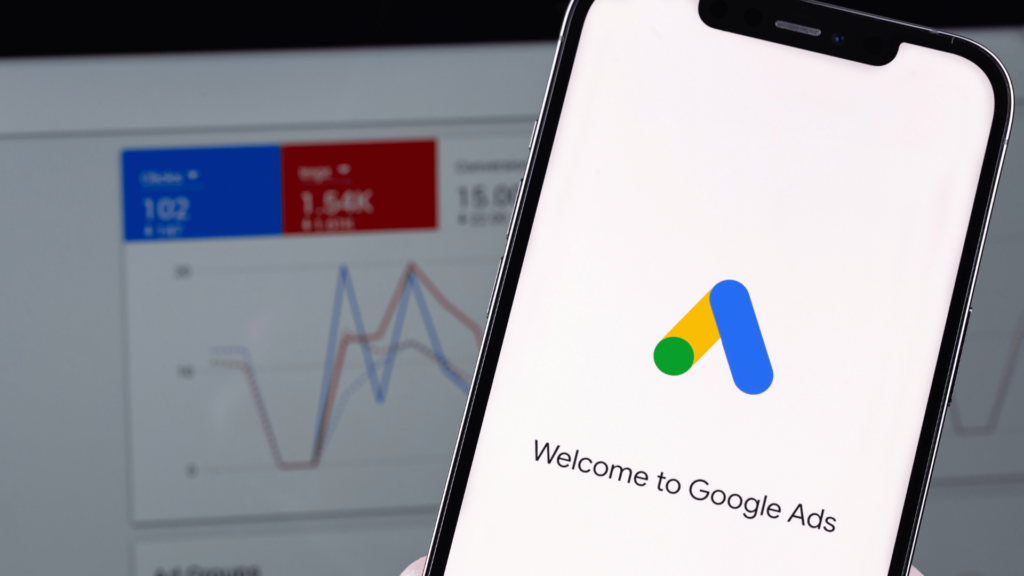Google Ads will require new Performance Max (PMax) campaigns to link business name and logo assets at the campaign level, starting Jan. 30. This marks a significant shift in how brand representation is managed.
Key changes:
Brand guidelines feature: This new setting enables stricter control over branding in PMax campaigns.
Campaign-level asset linking: BUSINESS_NAME, LOGO, and LANDSCAPE_LOGO assets must now be linked at the campaign level instead of the asset group level for brand guidelines-enabled campaigns.
Impact on API users:
Current limitations: As of Google Ads API v18, it’s impossible to create brand guidelines-enabled campaigns via the API. Advertisers must use the AssetGroupAsset resource to link required assets.
Future updates: A forthcoming API release will introduce full support for managing brand guidelines-enabled PMax campaigns.
Consistency in asset requirements: Regardless of brand guidelines, campaigns must include BUSINESS_NAME, LOGO, and LANDSCAPE_LOGO. Asset validation will differ, with brand guidelines campaigns evaluated at the campaign level and others at the asset group level.
Why we care. This update strengthens control over how your brand is represented in Performance Max campaigns. By centralizing BUSINESS_NAME, LOGO, and LANDSCAPE_LOGO at the campaign level, the new brand guidelines streamline asset management and ensure consistency across automated formats.
For API users, this shift may disrupt workflows, requiring adjustments to maintain compatibility and avoid errors. Adapting to these changes early positions advertisers to benefit from future enhancements while safeguarding their brand integrity and campaign performance.
What’s next. Advertisers should prepare for this shift by:
Ensuring all required branding assets are ready for campaign-level linking.
Reviewing integrations that report on or update campaign assets to accommodate the new structure.
Monitoring API updates for enhanced support of brand guidelines-enabled campaigns.
For more details, refer to Google’s Performance Max optimization guide or reach out to your Google Ads team.
Add Search Engine Land to your Google News feed.
New on Search Engine Land
About the author
Anu Adegbola has been Paid Media Editor of Search Engine Land since 2024. She covers paid search, paid social, retail media, video and more.In 2008, Anu’s career started with
delivering digital marketing campaigns (mostly but not exclusively Paid Search) by building strategies, maximising ROI, automating repetitive processes and bringing efficiency from every part of marketing departments through inspiring leadership both on agency, client and marketing tech side.
Outside editing Search Engine Land article she is the founder of PPC networking event – PPC Live and host of weekly podcast PPCChat Roundup.
She is also an international speaker with some of the stages she has presented on being SMX (US), SMX (Munich), Friends of Search (Amsterdam), brightonSEO, The Marketing Meetup, HeroConf (PPC Hero), SearchLove, BiddableWorld, SESLondon, PPC Chat Live, AdWorld Experience (Bologna) and more.

